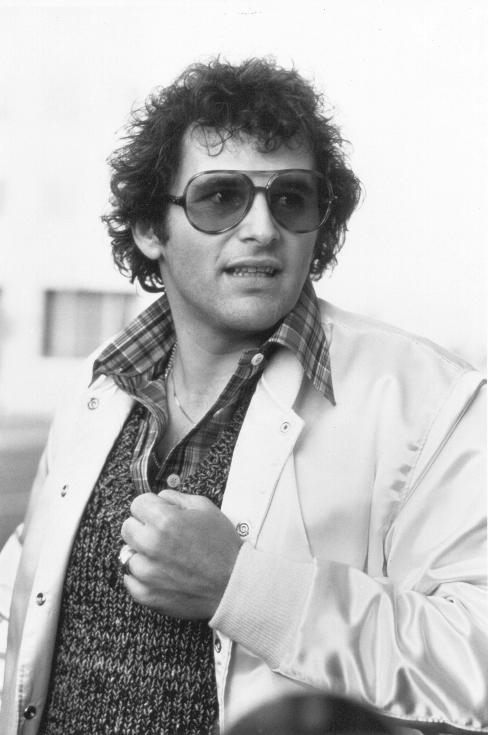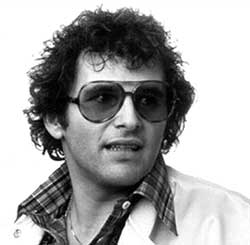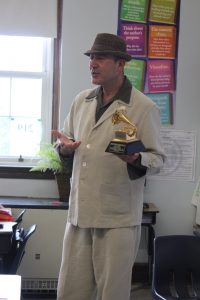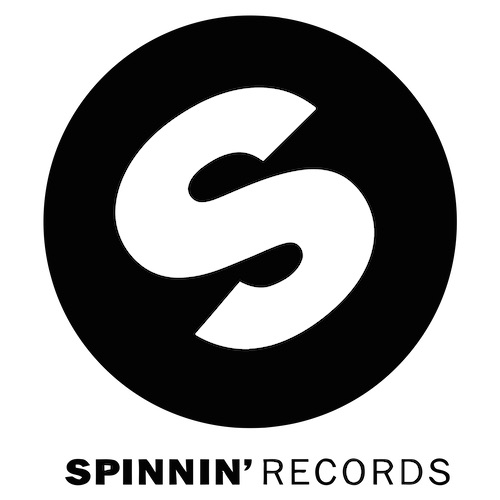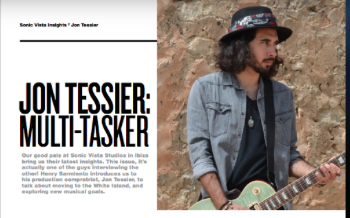Click her for source article
MAKING A SOUND LIVING
Do you enjoy watching those big video screens and those amazing light shows when you see, hmm . . . say, Lady Gaga and Madonna? Were you impressed with the production of those huge shows like The Who and Michael Jackson? Then thank Herbie Herbert and his crew at Nocturne Productions (sold in 2011 to a Canadian company who do all the Cirque Du Soleil shows) who created the screens for the touring companies to support the shows and, oh yeah, one time manager of Santana, Journey and a number of other acts.
You might say Herbie Herbert is the “band whisperer” but I call him the “BRAND whisperer.”
Before Journey played a note, Herbie Herbert had a vision, a concept, a plan and a goal. The road ahead had been carefully constructed to not only hit the pinnacle of the charts, but to have sustainability to last through the changes of the music industry. Herbie is my kind of interview, the unvarnished truth. An F bomb here and there (appropriately so), some laughing, but always on point and — unlike many who have written about him before me — no bitterness of the past, the present or the future. He walked away when he saw the landscape of the industry change with hip hop R&B that left rock not in the fast lane, but the last lane.
Here is the first part of my Q&A interview with Herbie Herbert (HH).
Biz X: What was your primary goal as Manager?
HH: I had to be a true fan. I considered my artists’ music my music too. I just wanted to manage with the same adeptness that Neal Schon (Journey) played his guitar. With the same level of expertise that made it look easy, even though it is hugely difficult. There are three important things you have to do as management. First, manifest and create opportunities. Secondly, you must generate a yield from these opportunities and make money, Third, do a better job at one and two.
Biz X: What is the reality of being a Manager?
HH: I would prefer being just a fan, it’s easy, it’s fun! Being an unrelenting critic is NOT fun and to do it with anybody and have them not take it personally is hard. The truth is you really love these people. I really loved my clients deeply and only wanted the best for them and wanted to do it in the most honest way. Having acknowledgement and gratitude are wonderful, but don’t count on it when you’re a Manager — this is not the business for that. It is, and always has been, something that has to be completely selffulfilling in and of itself. This is what you want to do, whether its ever recognized and accepted, appreciated or whatever. You just have to keep your eye on the prize and be so unrelentingly positive in that way. You have to have such laser focus on the prize.
Or if you pause to reflect, it is perfectly fine to have a negative opinion professionally even though you push forward in the most positive way you can. It’s a rough road to hoe. I never ever came in and said “hey, I have The Beatles here.” I created the opportunity to get them heard.
Biz X: Getting a record moving in radio used to work how?
HH: The art form of conducting the symphony that it takes to get a record to #1.You have to have everything happen in that precise and concise time period and outcompete all the other records in the marketplace. All of those things have to occur and you’ve got to do it better than anyone else to go #1 in that particular market. Then you go coast to coast and border to border. You wind up #1 on Billboard. It’s the hardest thing on earth to do and the height of entrepreneurialism that was the ultimate challenge, and it took me forever to learn how to do it.
Biz X: What were the first signs the format for rock was over?
HH: Radio has gone through such changes. At one point I knew every call letter of every radio station in North America, every Program Director (PD), every Music Director. Then this lady PD in San Francisco came in and changed everything. She started to play more and more urban. Urban started to ferment and took off like a monster robot. It moved rock out and made a tsunami of money mostly happening in ‘91. I saw the handwriting on the wall — this format is OVER. The only real #1 record, in terms of over the counter sales and airplay at that time, was Mr. Big, “To Be With You” — my last #1. The landscape changing was going in the urban direction. It was at Van Halen’s managers wake, that I made the announcement that I’m out of the business and retiring. It’s a different game, and it was getting really, really hard. You only book acts when they’re huge. I could see that going to happen less and less, and predicted the end of Premier Agency who had every act on earth. It’s over and it was.
Biz X: Tell me about the beginning of your Managing career?
HH: I had a profound philosophy about that the whole time. I came and started a total fan in the trenches in the mosh pit so to speak, way before there were mosh pits. I never spent 10 minutes backstage at the Journey shows. I was always out front in the audience. Completely engrossed in that experience and trying to understand — what that’s about? My feeling was that anybody in the business their opinion was absolutely secondary, especially, media, radio whatever. The opinions that matter are the people and they are voting with their wallets. The fact of the matter is they
(media, record labels, radio) are much more likely to be out of touch and the audiences spending their money are never wrong. The first time that I’m uncomfortable — and I don’t get it and I feel a little out of step of the audience — those are the beginning signs of me entering stage 4.
Read the Biz X magazine September issue for Part 2 of this interview. Find out Herbie Herbert’s “4 stages of Herbie Herbert’s fine, fine, super fine career advice on Record Business Dementia” (his words); his advice for up and coming artists, branding, touring life, management deals; his thoughts on Journey on the road in the day and more.



